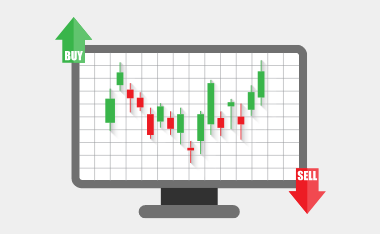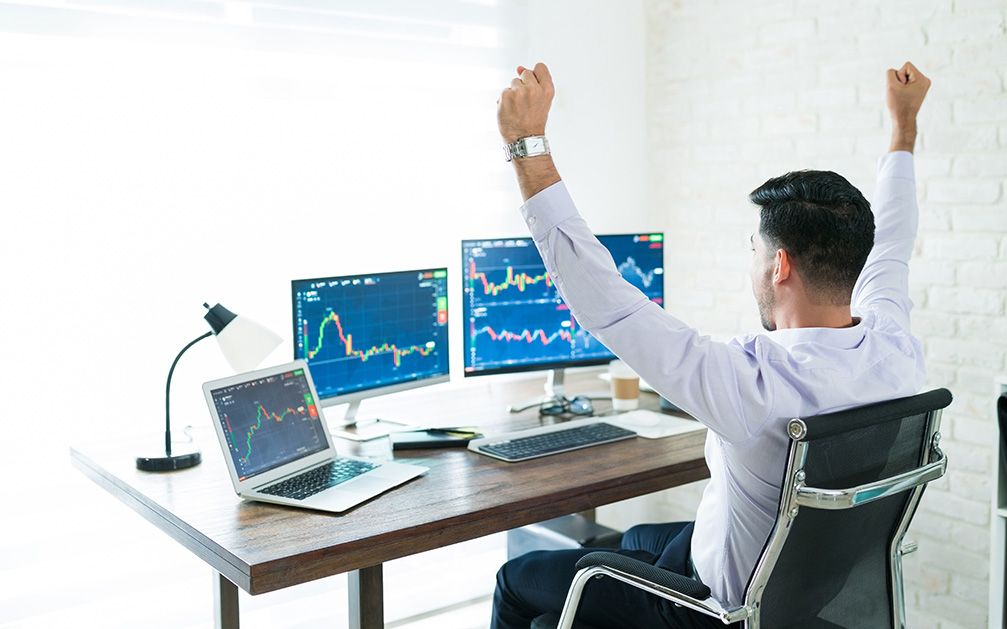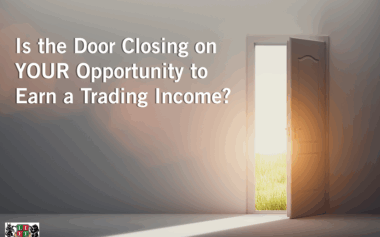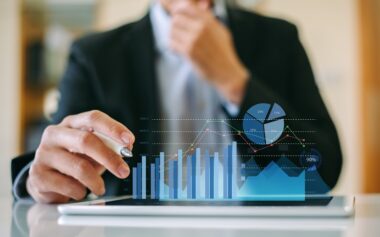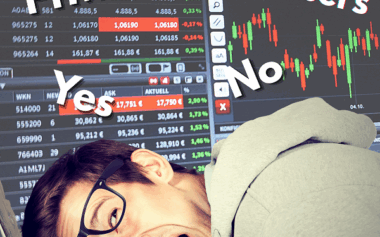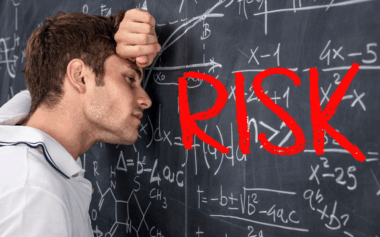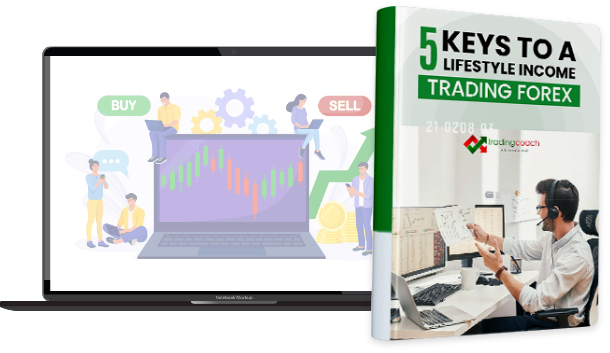A Brief History of Forex Trading
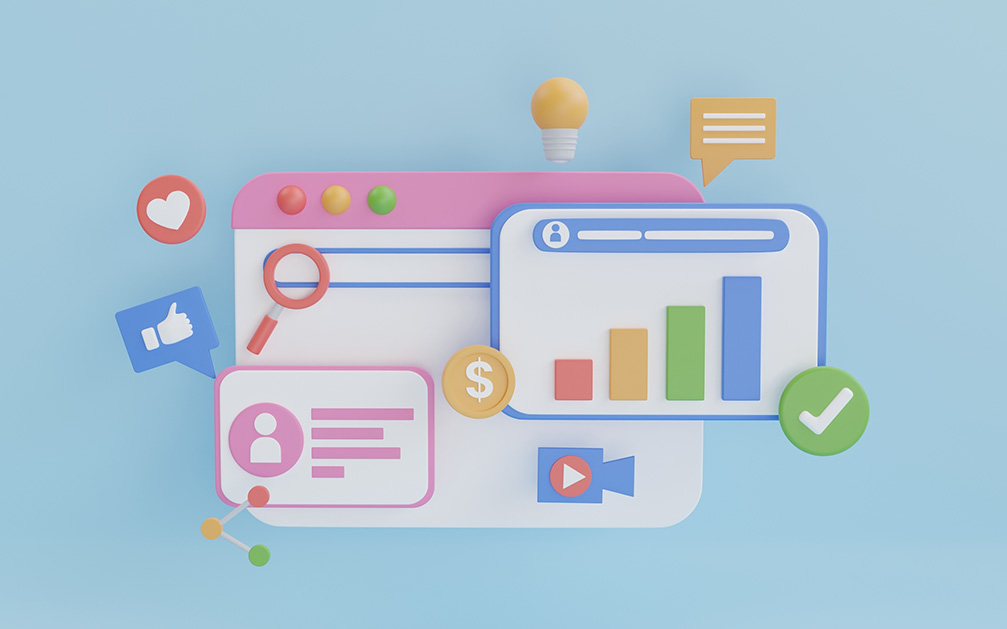
In case you hadn’t thought about it, currency trading has a long and dramatic history that stretches back to the earliest communities of ancient peoples.
From the culture and military might of the ancient Greeks to the medieval merchants selling their wares along the spice trail to the new world, people have been trading currencies for centuries.
In this article, we will explore not just the history of currency trading but also its evolution into modern-day forex trading and what the future potentially holds for currency and currency trading.
Ancient Times to Medieval Times
According to historians and archaeologists, the first recorded currency transaction dates back to ancient Greece in around the 4th century BC.
It’s thought that the Athenians traded hard currency in exchange for goods and services.
As trade between different regions grew, the need for a fixed unit of exchange became a necessity (I mean, you couldn’t carry camels and amphorae of wine with you to buy your groceries!).
The first known currency was created in Lydia, ( now modern-day Turkey) around 600 BC. These coins were made of a naturally occurring alloy of gold and silver called electrum.
Over time, other regions began minting their own coins, and currency trading became more common.
Over the centuries, currency trading continued to evolve as merchants and traders travelled across borders to conduct business.
During the medieval period, European merchants traded coins and gold across borders, with Venice becoming a key centre for currency exchange.
Around the same time, the concept of credit emerged, and paper money was first used in China.
Europeans began to issue bills of exchange, which were a type of promissory note that allowed traders to avoid carrying large sums of cash.
This system allowed for international trade to expand and led to the creation of modern banking practices.
The Rise of the Gold Standard
In the 19th century, the gold standard emerged as a new way of valuing currencies.
The Industrial Revolution brought about a massive increase in trade and commerce, which led to the creation of the gold standard.
Countries began to link their currencies to gold, with the value of each currency being determined by its gold content.
This system created a stable international currency market, allowing for smoother transactions between countries.
Bretton Woods Agreement
One of the key events in the history of currency trading was the Bretton Woods Agreement of 1944.
The agreement was signed by 44 countries and established a fixed exchange rate system, with the US dollar being pegged to gold.
This system remained in place until 1971 when the United States suspended the convertibility of dollars into gold, effectively ending the gold standard.
The Bretton Woods system failed for several reasons, including the US’s inability to maintain the fixed exchange rate.
The Emergence of Free-Floating Exchange Rates
The forex market as we know it today came about as a result of the free-floating exchange rate system that emerged after the collapse of the Bretton Woods system.
This system allowed currencies to float freely against each other, with their value determined by market forces.
The rise of technology, particularly the development of the internet, has played a significant role in the growth of forex trading.
The Modern-Day Forex Market
The forex market is the largest and most liquid market in the world, with an estimated $6.6 trillion traded daily. It is a decentralized market, meaning there is no central exchange, and trades are conducted through a network of banks and brokers.
The market is open 24 hours a day, five days a week, allowing traders to access it from anywhere in the world.
Forex Trading for Beginners
Forex trading has become increasingly accessible to retail traders in recent years, with the development of online trading platforms and the availability of low-cost trading accounts.
This has allowed traders with small amounts of capital to participate in the market and take advantage of its potential for profit. However, it is important for traders to approach forex trading with caution and to educate themselves before investing real money.
Learning how to trade forex and understanding the risks involved are essential for long-term success in this market. If you are new to forex trading, it is essential to start by learning the basics.
You need to understand how the market works, what factors drive currency prices, and how to execute trades effectively.
One of the most important things to keep in mind when learning to trade forex is that it takes time and practice to become a successful trader. You should start by practicing on a demo account before risking real money. This will allow you to get a feel for the market and develop your trading skills without risking your capital.
Forex Day Trading for Beginners
Forex day trading for beginners can be a challenging endeavour, but it is also an exciting and potentially rewarding one.
Day trading involves buying and selling currencies within a single trading day, with the aim of profiting from short-term price movements.
Day traders typically use technical analysis to identify short-term trends and momentum in the market.
If you are interested in day trading forex, it is important to understand the risks involved.
Day trading can be highly volatile, and traders need to be prepared for sudden price movements and unexpected market events.
It is also important to have a solid trading plan in place, including risk management strategies to limit your losses.
Another popular day trading strategy is swing trading, which involves holding positions for a few days to take advantage of medium-term trends in the market.
This strategy is less intensive than scalping and may be more suitable for traders who are new to day trading.
Forex Trading in The Future
As we look to the future, it is clear that technology will continue to play a significant role in the forex market.
We have already seen the rise of algorithmic trading, which uses computer programs to execute trades based on pre-determined criteria.
This has led to increased efficiency and liquidity in the market, as well as lower transaction costs for traders.
In the coming years, we can expect to see even more sophisticated strategies and artificial intelligence tools being developed for forex trading.
Another trend that is likely to shape the future of forex trading is the growing importance of sustainability and social responsibility.
Many traders are now looking for ways to invest in companies that have a positive impact on the environment and society, and this is expected to become a major factor in the forex market as well.
We can expect to see a rise in ESG (environmental, social, and governance) investing in the forex market, as traders seek to align their investments with their values.
Finally, we can expect to see the continued growth of mobile trading, as more and more traders use smartphones and tablets to access the forex market.
Mobile trading platforms are becoming more sophisticated, with advanced charting tools, real-time news feeds, and social trading features that allow traders to share ideas and strategies with each other.
As mobile technology continues to improve, we can expect to see even more innovation in this area, with new features and tools being developed to help traders stay connected and informed while on the go.
In Conclusion
The history of currency trading is a long and complex one, with many changes and developments over the centuries.
Today, the forex market is the largest and most liquid market in the world, with traders from all over the globe participating in it.
Learning how to trade forex and understanding the risks involved is essential for long-term success in this market.
Whether you are interested in day trading or long-term investing, there are many opportunities to profit from the forex market, but it takes time, practice, and discipline to become a successful trader.
More Information
For more trading term general definitions, visit our A to Z of Forex Trading
To look at these concepts in action, please visit our sister site, Latest Forex Rates
What to do Next
If you have more questions or need further guidance, don’t hesitate to reach out to us at The Trading Coach International for personalized coaching and support.
If you would like to learn more about trading forex profitably and what steps you can take next to get on the right track to build your Lifestyle Income From Trading, you can book an no obligation, Free Strategy Call with our Lead Trading Coach by clicking on THIS LINK
Disclaimer
The information, strategies, techniques and approaches discussed in this article are for general information purposes only. The Trading Coach International does not necessarily use, promote nor recommend any strategies discussed in this article. The information in this article may not be suitable for your personal financial circumstances and you should seek independent qualified financial advice before implementing any financial strategy. The Trading Coach International is not a financial advisor and does not have AFS registration.

